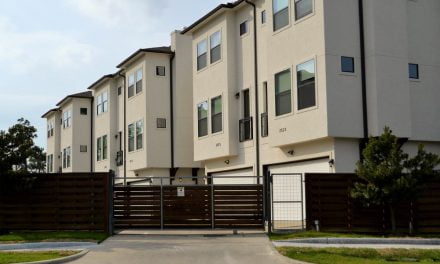Facts: A homeowner obtains a mortgage from a lender secured by a trust deed on the property. The lender later assigns the trust deed to a successor lender via a pooling and servicing agreement. The successor lender then substitutes the trustee. The homeowner defaults on the mortgage and the substituted trustee records a notice of default (NOD). The owner fails to cure the default and the property is sold at a trustee’s sale.
Claim: The homeowner seeks to void the trustee’s sale and quiet title to the property, claiming the successor lender wrongfully foreclosed since the trust deed was improperly assigned and, thus, the successor lender did not have the authority to foreclose.
Counter claim: The successor lender claims the foreclosure is valid since the details of the assignment were immaterial to the homeowner’s obligations as a borrower and the homeowner’s failure to cure the default left them without standing to quiet title.
Holding: A California court of appeals upheld the foreclosure since details of the assignment were immaterial to the homeowner as a third party to the assignment and did not alter the homeowner’s obligations to cure the default, leaving them with no standing to contest the foreclosure or clear title via a quiet title action.[Mendoza v. JPMorgan Chase Bank (July 2, 2014)_CA4th_]
Editor’s note — The California Supreme Court has recently taken up a similar issue with Yvanova v. New Century Mortgage Corp. and will conduct a new analysis of a borrower’s standing to challenge a lender’s assignment of their trust deed under a pooling and servicing agreement after the successor lender foreclosures on the defaulting borrower’s property. [See the September 2014 first tuesday Suprmee Court Watch]















If the original Lender became a Services of the loan with out reconvey to the new lender then I will assume that the foreclosure will not stand . This is the case in many loans originated by Countrywide.
Slight lack of clarity on the homeowner’s position regarding the foreclosure. Was the homeowner denied the appeal because they were in default, or because they had no standing against the alleged holder in due course based on the assignment? I guess we really need to know the motivation behind the default? If the homeowner had no recourse against the lender BECAUSE they were not the original contractual debtor with this lender, then we should still argue that what is good for the goose is good for the gander? If the homeowner is denied recourse based solely on the default, and the default was not otherwise influenced by the lender / borrower relationship, then the decision was correct.